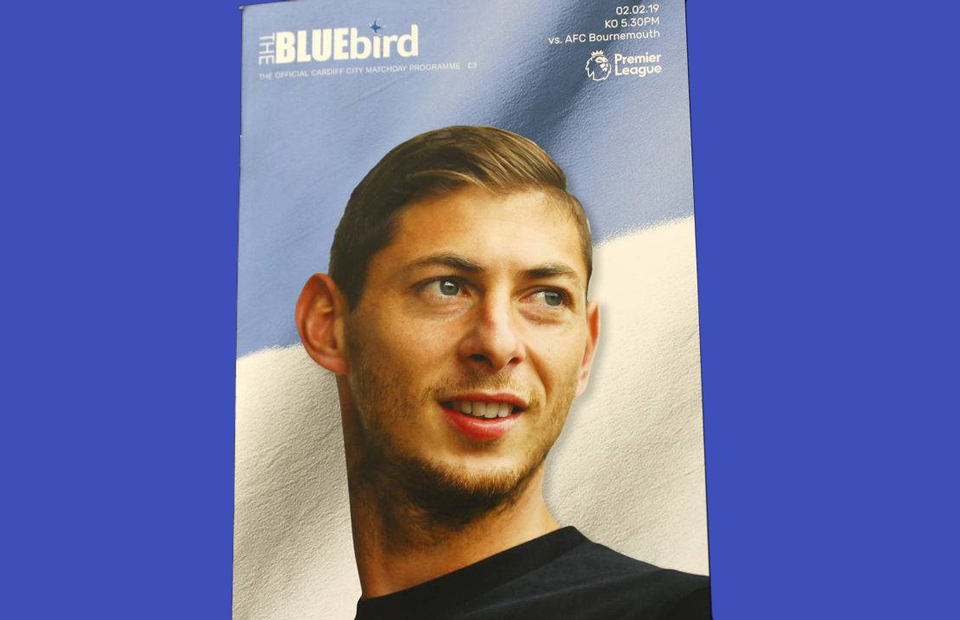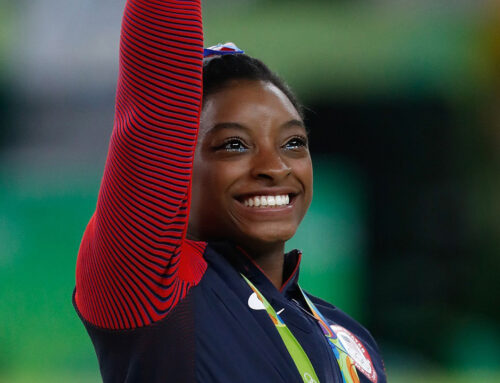On the 21st January 2019, a footballer who cost Cardiff City, a team in the Premier League, £15 million, tragically died in a plane crash over The Channel, the sea between England and France. Emiliano Sala was on his way to Cardiff to start his career in the Welsh city in a private plane with pilot Dave Ibbotson, when the plane crashed into the sea. Before the flight, Sala had concerns about the plane and messaged his friends about his concerns, but he still decided to fly in it. The former player for the French club, Nantes, had just said goodbye to his old teammates, when the major event happened.
The police immediately launched an investigation, but they found no trace of Sala, Ibbotson or the plane. Therefore, Sala and Ibbotson’s families launched a private search, which means they funded it themselves. On 4th February 2019, the plane was found in The Channel with a body inside, which turned out to be Emiliano Sala’s body. Dave Ibbotson’s body has still not been found.
One aspect of the story was that Cardiff had agreed pay the transfer fee for Emiliano Sala to Sala’s former club, Nantes. Shockingly, on 8thFebruary, as Cardiff had not paid Nantes the money, Nantes demanded they pay it. Cardiff argued that they never got the player, therefore why should they pay for him, but Nantes said that they had just lost a £15 million player, and they wanted payment. The two clubs are now in financial disagreement over who should pay for him.
I asked Andrew Wixley, Senior Legal Counsel for Sky Sports, his opinion on the dispute:
Q: Following the death of Emiliano Sala, do you think Cardiff City should pay the transfer fee of £15 million to Nantes?
A: The main questions are: (1) is there is a legally binding agreement between Sala and Cardiff City? and if so (2) what does that agreement say? If there is no legally binding agreement, then Cardiff City will not be required to pay the transfer fee because Sala would still be a Nantes player. Cardiff City’s lawyers are undoubtedly looking into whether there is any basis for them to argue that the agreement (if there is one) is not legally binding. If there is a legally binding agreement in place, then we would need to know what that states in order to answer the question. Some player transfer agreements are signed, but are conditional upon the player passing a medical (i.e. the fee won’t be payable if the player doesn’t pass a medical) – however in this case, we know that Sala did pass a medical[1]. Some agreements stagger the payments, with an upfront fee, and the rest being conditional upon the number of appearances the player makes for the club – as Sala cannot make those appearances, the later payments will not be payable. There may also be specific provisions in the agreement dealing with the death of Sala that affect whether and how much of the fee is payable. Without seeing the agreement, it’s impossible to give a definitive view. I would be very surprised if Cardiff has not taken out insurance to cover such risks, so ultimately while Cardiff City may have to pay out the full fee, it’s likely that they will put in an insurance claim for that transfer fee.
Q: Do you think Emiliano Sala should have flown in that plane given that he had concerns about it before the flight, and should he have flown in a bigger plane?
A: The fact that he was messaging friends to say he was concerned, suggests that he shouldn’t have got on that plane. However, people travel on these small planes all the time. The crash may have been caused by human error on the part of the pilot, or it may have been negligence on the part of the plane’s owner, or they may have just been struck by a freak weather event. We just don’t know the details yet.
Q: Have you come across any other situations where sports people have died and it’s caused legal problems?
A: Sadly it is the case that sportsmen and sportswomen die whilst playing their sports. There have been quite a few recent examples of footballers collapsing whilst playing – some are resuscitated, but some have died. I was at the Spurs vs Bolton match in 2012 when Fabrice Muamba collapsed in the middle of the pitch having suffered a heart attack. It was an awful event to witness. The game was abandoned and we had no information about whether he was okay. Fortunately due to the work of the Spurs’ medical team and a world-renowned heart specialist who happened to be in the crowd, he was resuscitated and has made a full recovery. I can’t recall any specific legal examples concerning players dying, but there was a case a few years ago about a Spurs youth player who sued Spurs after he suffered a heart attack on the pitch[2]. The player won damages in that case because his ECG (heart) tests showed an abnormality, but he was not stopped from playing by Spurs’ medical team, who had a duty of care towards the player.
Q: Do you ever put clauses into your sports contracts to deal with what would happen in the event of somebody’s death?
A: I don’t personally draft agreements for sportsmen / sportswomen, but as I’ve mentioned above, it is commonplace to include provisions in such agreements setting out what should happen in the event of a player’s death, including in relation to the payment of the player’s wages, which should not continue after the player’s death.
As it turned out, on 1st March 2019, Sala’s pilot, Dave Ibbotson, had dropped out of training for his commercial pilot’s licence[3], so he did not have a licence to fly a plane carrying paying passengers, meaning his flight with Sala was illegal. Another aspect was that Sala’s agent, Willie McKay, usually hired David Henderson as a pilot, but he was unavailable on that day. Sol Bamba, the Cardiff City captain, has said that the Cardiff players are terrified of flying after Sala’s death.
When writing this article, I saw in the news that Cardiff City is going to argue that Sala’s contract was not legally binding because it had been rejected by the Premier League for breaking rules about signing-on fees, and therefore it was not valid. Nantes will argue that FIFA registered a certificate confirming that Sala had been officially transferred to Cardiff City on 21st January 2019 at 5:30pm, just before Sala’s flight left Nantes at 7:15pm after a delay of several hours.
I think that overall, Cardiff City should pay Nantes half the fee, as I’m sure that would solve the dispute between the two clubs. It will be interesting to see what will happen between Cardiff City and Nantes and how the two clubs will settle the argument over who should pay for Sala, and whether clubs in the future will take more care with clauses in players’ contracts.






